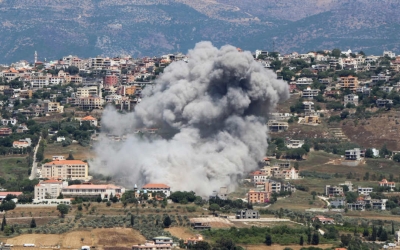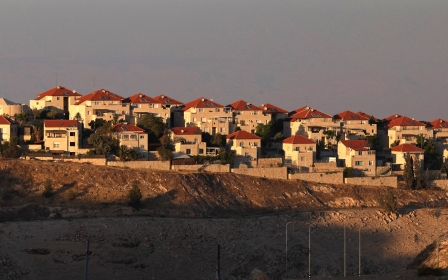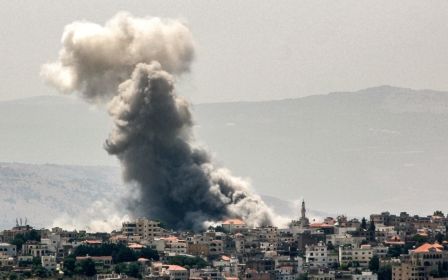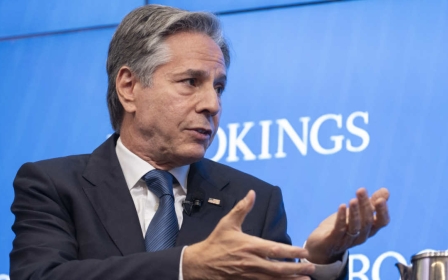Israel studies Hamas response to ceasefire deal as Hezbollah launches retaliatory rocket fire
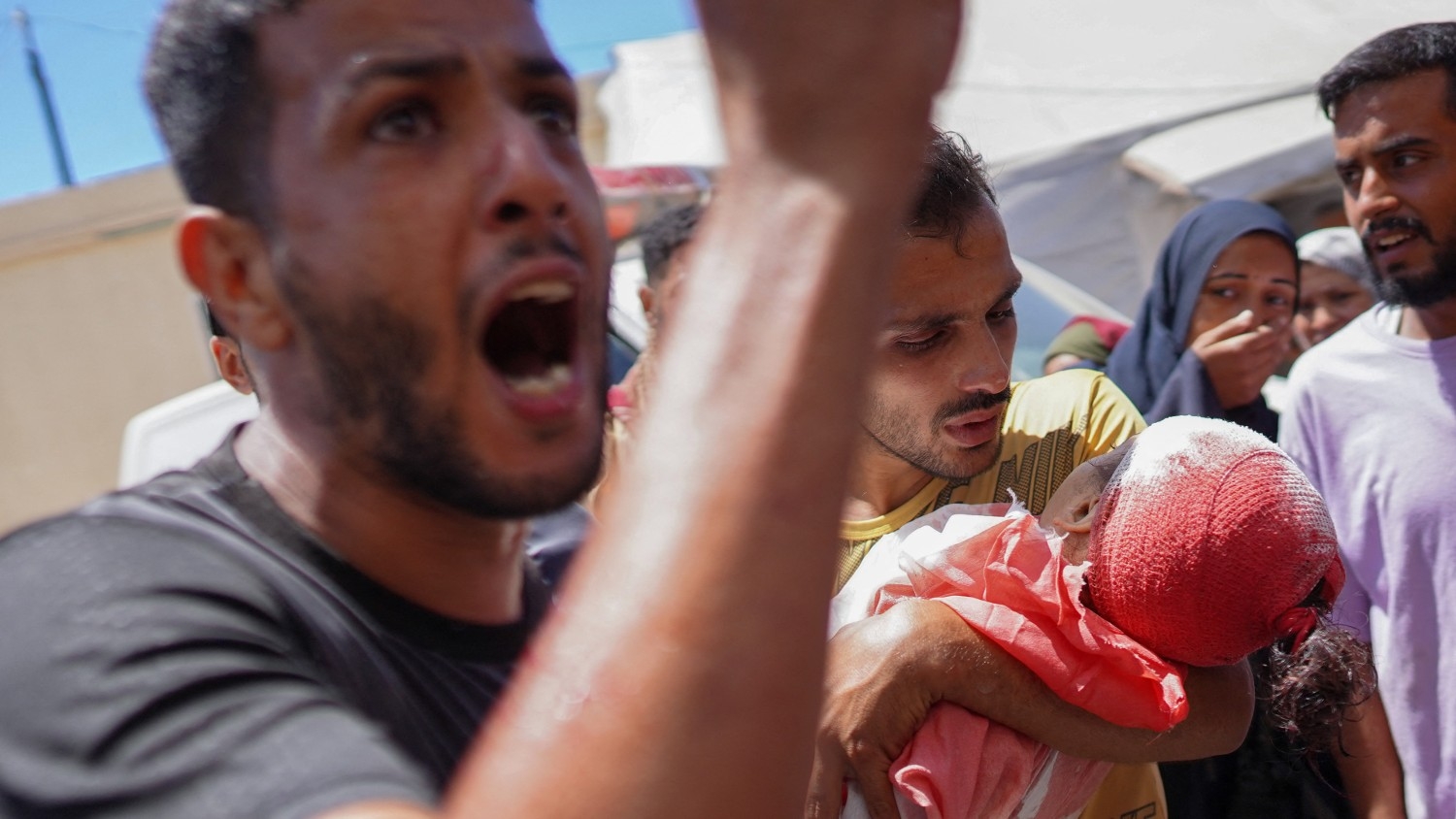
Israel's Mossad said it was studying Hamas's response to a ceasefire proposal that mediators have been trying to finalise for weeks to put an end to Israel's war on Gaza and prevent a wider escalation between Israel and Lebanon's Hezbollah.
"The mediators of the hostage deal have given the negotiating team Hamas' response to the hostage deal outline. Israel is examining the response and will respond to the mediators," Prime Minister Benjamin Netanyahu's office said in a statement released on behalf of Mossad.
The proposal would include a deal to release the remaining hostages in Gaza, which are believed to be around 120, and also would include a ceasefire in the besieged enclave.
Hamas has said on multiple occasions that any deal it agrees to would have to include a full end to the war, including the complete withdrawal of Israel's military from Gaza.
Israel's government, led by Netanyahu, however, has said it would only accept a deal that would include temporary pauses in the fighting and has vowed to continue the war until Hamas is eliminated.
New MEE newsletter: Jerusalem Dispatch
Sign up to get the latest insights and analysis on Israel-Palestine, alongside Turkey Unpacked and other MEE newsletters
Axios reporter Barak Ravid posted on X, citing a senior Israeli official, that Hamas's response "makes it possible to move forward to individual negotiations on the issues that remain in dispute", but that even if this were to happen those individual negotiations could take another several weeks.
🚨🚨🚨בכיר ישראלי אמר כי ״תגובת חמאס המעודכנת מאפשרת להתקדם למו״מ פרטני על הסוגיות שנותרו במחלוקת״ ומאפשרת להגיע להסכמה על סעיפים 8 ו-14 - שעומדים בלב המחלוקת בין הצדדים https://t.co/lrhadVB6fH
— Barak Ravid (@BarakRavid) July 3, 2024
In May, US President Joe Biden made the current ceasefire deal on the table public, which is a multi-stage deal that would see the release of hostages in exchange for the pullback of troops.
While Biden has blamed Hamas for not accepting the deal, the one outlined by Biden appears identical to the agreement Hamas had accepted at the beginning of May. That deal was later rejected by Israel, which launched an invasion of southern Gaza's Rafah as a response.
Israel-Hezbollah escalations
The latest developments regarding the prospects of a ceasefire in Gaza come as war between Israel and Hezbollah appears closer than ever.
On Wednesday, Israel killed top Hezbollah commander Mohammad Nehmeh Nasser in an air strike on the southern Lebanese town of Tyre.
Follow our live coverage of Israel's war on Gaza here
Nasser held the same rank and significance within the group as Taleb Abdallah, who Israel killed in June and was the highest-ranking Hezbollah commander killed since near-daily border clashes began between the group and Israel on 8 October.
Hezbollah responded to the killing by launching the largest barrage of drones and rockets into Israel since October.
It said it fired 100 Katyusha rockets at an Israeli military base, while also firing Falaq missiles at a base in the town of Kiryat Shmona.
The escalation in both rhetoric and attacks between Israel and the Lebanese armed group comes as Hezbollah publicly noted it would not end its attacks on northern Israel until a "complete ceasefire" is achieved in Gaza.
Yoav Gallant, Israel's defence chief, said the country's preference was to reach a negotiated agreement with Hamas in Gaza, but added that its forces would be ready to take any action against the group.
Israel, Ukraine speak on Iran, Russia
In a rare phone call on Wednesday, the foreign ministers of Israel and Ukraine spoke to each other about bilateral cooperation on the threats posed by Russia and Iran.
“We also exchanged views on a number of regional and global threats posed by Russia, Iran, and North Korea,” Ukrainian Foreign Minister Dmytro Kuleba said on X, referring to a call with his counterpart Israeli Katz.
Middle East Eye previously reported that US officials are concerned Russia could step up its support for Iran’s so-called "Axis of Resistance" if Israel launches an offensive on Lebanon.
US media outlets have also reported that the Biden administration is holding discussions to try and arrange for Israel to transfer older model Patriot air defence systems to Ukraine.
Meanwhile, the humanitarian situation in Gaza continues to deteriorate. The United Nations on Wednesday said that Israeli forced displacement orders have "wiped out" its abilities to facilitate the delivery of aid to Palestinians in need across the enclave.
The UN Office for the Coordination of Humanitarian Affairs also said on Wednesday that at least nine out of 10 Palestinians in the besieged Gaza Strip have been displaced at least once by Israel’s offensive.
Middle East Eye delivers independent and unrivalled coverage and analysis of the Middle East, North Africa and beyond. To learn more about republishing this content and the associated fees, please fill out this form. More about MEE can be found here.


